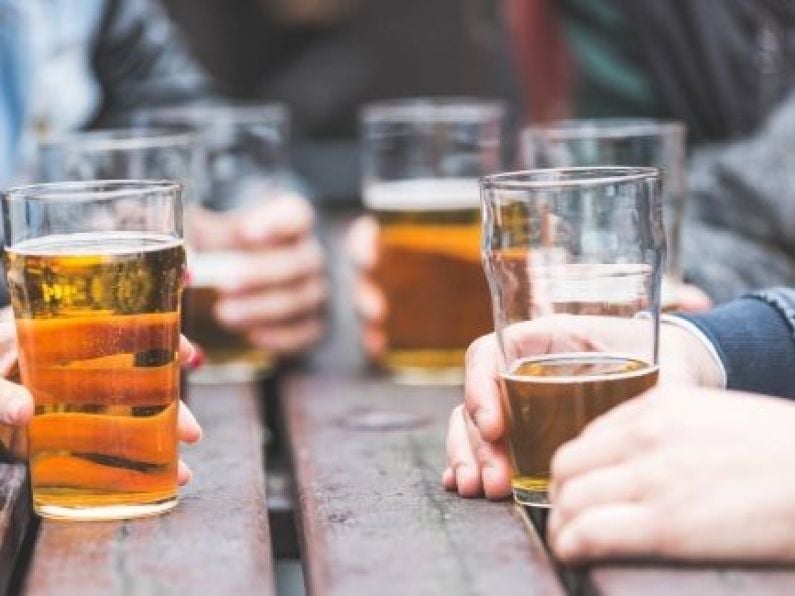A new report by the Drinks Industry Group of Ireland (DIGI) shows that Ireland continues to have the second highest overall rate of excise tax on drinks in the EU, something which the group labelled "completely unsustainable" with Level Three restrictions set to come into effect again from midnight.
DIGI is calling on the Government to reduce the tax burden on these businesses.
‘We’re in a situation where the hospitality industry is unfairly and disproportionately impacted as a result of Covid-19. Wet pubs in Dublin have yet to reopen – seven months later – and the Level 3 ban on indoor seating for every other licensed premises mean many will shut their doors. Allowing these businesses to reopen, whenever that might be, with exorbitantly high rates of tax to pay is indefensible,’ said Liam Reid, chair of DIGI.
Ireland has the highest excise on wine in the EU, the second highest on beer (behind Finland), and the third highest on spirits (behind Sweden and Finland).
The report, Tax on Ireland’s drinks and hospitality industry: how Ireland’s excise tax on drinks compares with other EU countries and the UK, commissioned by DIGI and written by DCU Business School economist Anthony Foley, puts Ireland second of the excise league table, despite producing and exporting some of the world's most renowned drinks products, such as stout (54 cents of excise on every pint served) and whiskey (60 cents of excise on every glass served).
In comparison, in beer-producing Germany, excise of only five cents is levied on a pint of lager. In France, only one cent of excise is levied on a glass of wine. In Italy, Spain, and thirteen other EU countries, no excise is charged on wine.
Liam Reid labelled the government’s excise and tax policy “completely unsustainable”:
“The Irish government is taking back taxes of approximately a third on every drink purchased by a consumer at a pub or restaurant. With the country moving to Level 3 and the current restrictions on the hospitality in place, this level of taxation immediately pushes most hard-pressed businesses into a loss-making situation.”






